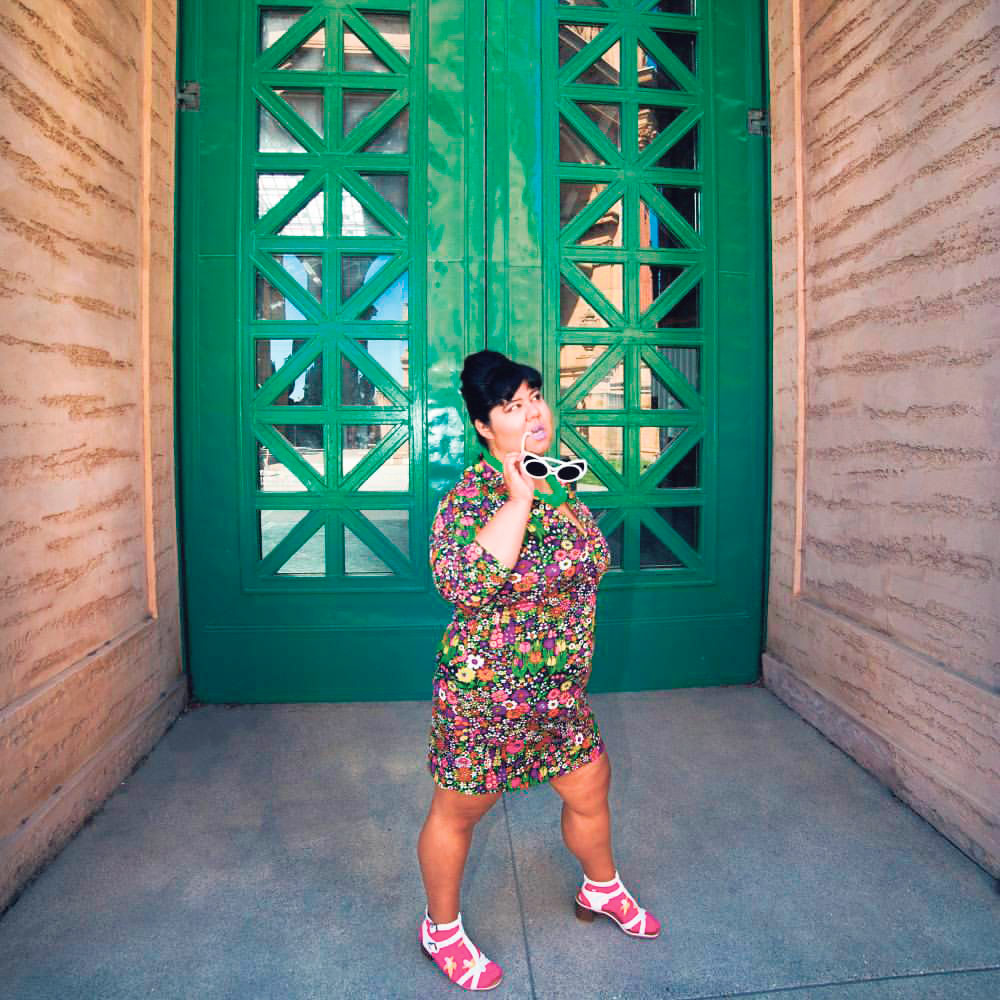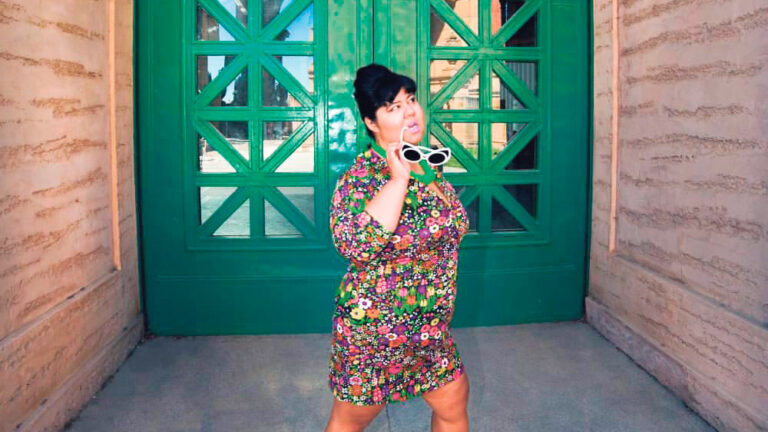Culture Shock: The Art Of Anti-Assimilation
Sister Spit Brings Qtpoc Writing And Art To The Tannex


Sister Spit
Latest Article|September 3, 2020|Free
::Making Grown Men Cry Since 1992


Sister Spit


